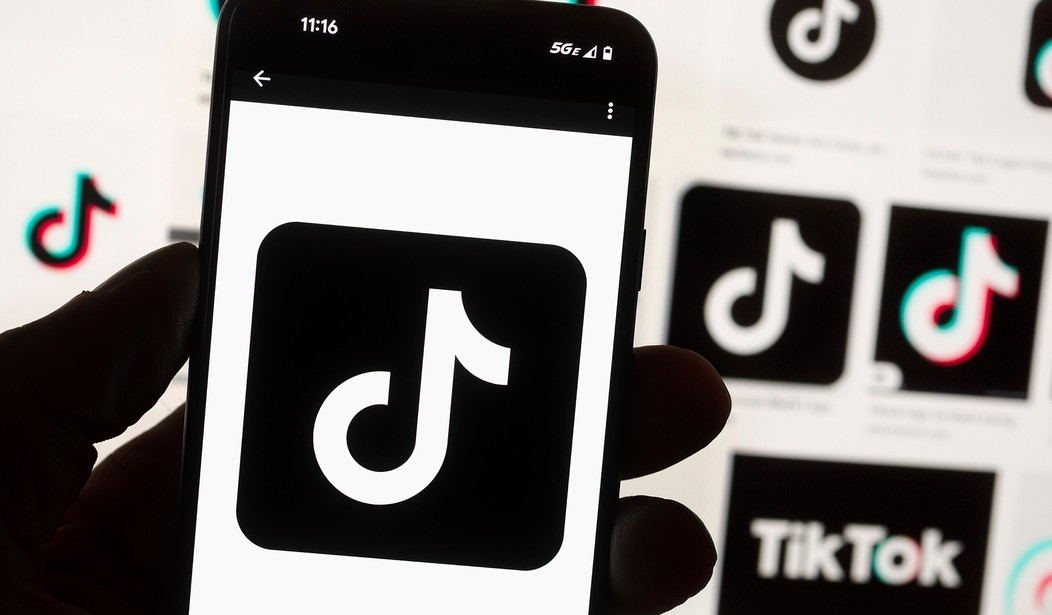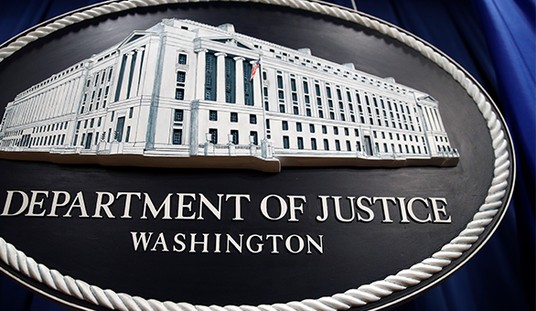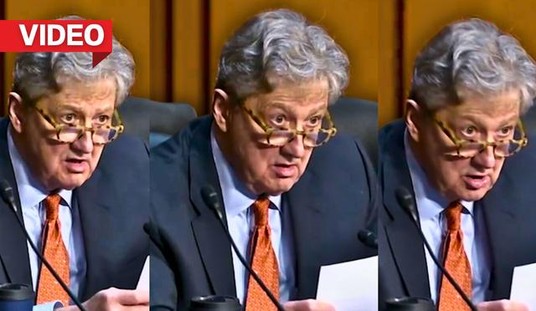As part of a foreign aid package, the House of Representatives this weekend passed a bill that would ban TikTok unless its parent company ByteDance sells its stake within one year. Because ByteDance refuses to divest, and the Chinese government would not, in any case, approve the sale, the bill amounts to an attempt by Congress to ban a single company.
The bill’s sponsors are emphasizing the legislation’s aim of preventing China from using TikTok to access U.S. user data and manipulate the platform’s algorithm to alter the content reaching Americans.
In light of the bill’s dire implications for Americans’ First Amendment rights, however, the Senate should reject the bill. A failure by the Senate to defeat the bill would provide the next president with a mandate not only to target TikTok, but also to weaken principles that underwrite the Constitution’s guarantees of free speech.
If President Biden signs the bill into law, as he has promised, it would immediately and appropriately face constitutional challenges. The First Amendment case would focus on the rights of Americans who use TikTok, as they would lose their ability to gather information and transmit political messaging using the app. The bill would constrain public discourse for those using TikTok to communicate political messages and other speech that falls directly within the core protections of the Constitution’s free speech guarantees.
Recent precedents suggest that TikTok would have a strong case. In 2020, a federal district court blocked a proposed ban on the Chinese-owned social media app WeChat on First Amendment grounds. The rationale offered by the executive branch for banning WeChat was similar to the arguments advanced by Congress for banning TikTok—that WeChat enabled the Chinese regime to collect data on Americans and manipulate content distributed on the app.
Recommended
The ruling in the WeChat case enjoining the executive order noted that the ban would “effectively eliminate the plaintiffs’ key platform for communication, slow or eliminate discourse, and are the equivalent of censorship of speech or a prior restraint on it.” These same considerations would be tested in federal court if Congress passed a law banning TikTok.
TikTok bans have fared no better at the state level. A federal district court has already found that Montana’s effort to ban the app violates the free speech rights of the state’s citizens.
It is difficult to see how a forced sale of TikTok would survive constitutional challenges. The law would erode foundational principles that animate the First Amendment’s free speech guarantees. TikTok is among the most important open forums where Americans can exchange in a “free trade in ideas” as Justice Holmes put it in his landmark dissent more than a century ago in Abrams v. United States.
Giving the government stronger authorities to crack down on social media platforms on the basis of foreign ties would weaken the ability of TikTok users to engage anonymously. Courts have expanded First Amendment protections for anonymous speech and the platforms that enable it as a means of encouraging people to express ideas without fear of retaliation.
Even if the government exercises this power judiciously against Chinese propagandists, it would impede rights on the other side of the First Amendment coin—the freedom of Americans to receive speech directed at them.
Perhaps most significantly, a TikTok ban would strike at the heart of what makes the United States exceptional. Broad protections of free speech, whether we like that speech or not, make American territory a safe haven for constitutional liberties no matter how unevenly they are protected around the world.
National security considerations can, at times, provide a basis for curtailing free speech. But Congress has not provided a sufficient rationale for why alleged and, in many cases, speculative threats from TikTok require a federal ban of the platform altogether.
Neither TikTok’s ownership nor its influence justify an erosion of the Constitution’s core First Amendment principles.
Pratik Chougule, a Yale Law School graduate, is the executive director of the Coalition for Political Forecasting

























Join the conversation as a VIP Member